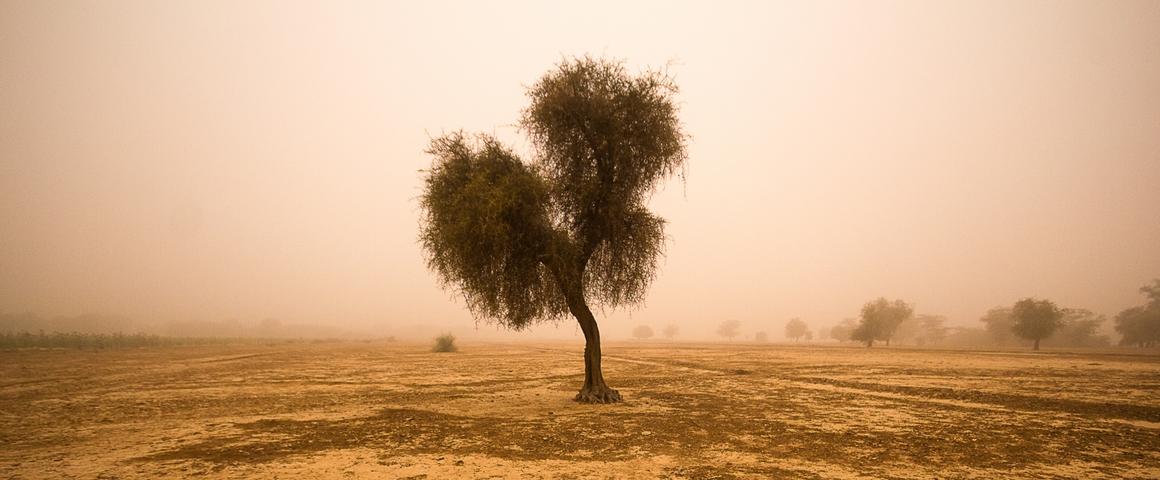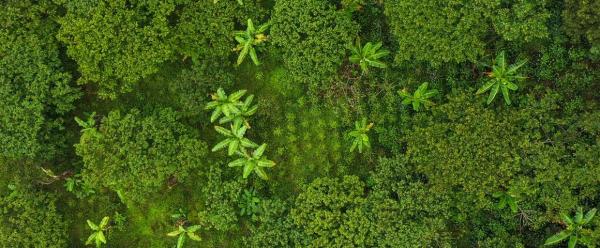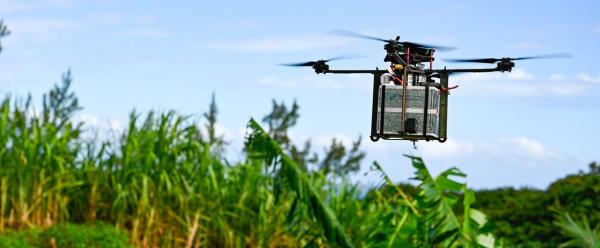Results & impact 10 October 2025
- Home
- Press area
- Press releases
- Inventory of soil organic carbon sequestration certifications
Soil carbon sequestration: product labelling can avoid the disappointments associated with carbon credits

Degraded soils in Guédé, Senegal © R. Belmin, CIRAD
Two types of certification
This first global inventory of SOC sequestration certifications counted 22 different tools. To help farmers and foresters, the researchers tried to characterize the schemes according to criteria relating to cost-benefit ratios, transparency and governance, eligible practices and certification processes. This revealed two main types of SOC sequestration certification:
Three scientists from CIRAD and Institut Agro recently inventoried existing soil organic carbon (SOC) sequestration certifications. In response to the "jungle" of certifications and labels, their classification is intended to guide farmers and foresters, and set out to answer what may look like a simple question: is certification an incentive in economic terms? This issue fits in with the "4 per 1000 Initiative: soils for food security and climate", which aims to roll out a wide range of practices that benefit SOC sequestration, on a large scale.
- Carbon credit certification within carbon markets (carbon farming). These standards serve to generate carbon credits based on a quantitative assessment of SOC sequestration. They participate in the global GHG emission offset system.
- Certification via labelling of agricultural and forest products. These standards are more general in scope, and promote products obtained using sustainable agricultural and forestry practices. SOC sequestration is part of a set of ecosystem services that include biodiversity preservation and water management.
Greater transparency is required to make tools real incentives
Although the number of certifications is constantly increasing, several questions remain about their capacity to act as incentives for farmers and foresters. For Julien Demenois, an ecology researcher at CIRAD who was the article's lead author, most of these standards are not sufficiently transparent as regards the potential costs and benefits:
"Of the certifications studied, only three give information on the costs and benefits for farmers. How can we hope to encourage farmers and foresters to adopt such approaches if things are not clear from the word go?"
Carbon farming is not really an option for smallholders in the global South
According to the authors, certifications focusing on the production of carbon credits (carbon farming) through SOC sequestration are not an economic incentive for smallholders in the global South.
"Experience has shown us that to obtain any significant return on investment, you need an "entrance ticket" of several hundred hectares of planted forest", Julien Demenois points out. "In particular, this is due to the high cost of the certification and carbon credit marketing process. With current standards, we can expect a similar situation for SOC sequestration: only large farms would benefit."
In addition, carbon farming can have adverse effects on food security in a given region, or on other ecosystem services:
"Carbon farming is on the up in certain world regions, notably in the current context of a race towards carbon neutrality", Julien Demenois adds. "The risk is that some firms may feel that it is more profitable to farm carbon than food, and may even grab land to do so and to become carbon neutral."
Carbon sequestration services therefore sometimes compete with services providing local people with vital supplies. The authors feel that the best solution for the global South is to prioritize agricultural and forest product labelling systems. Such certifications are both less restrictive and better suited to the sustainable development goals.
Reference
Julien Demenois, Alexia Dayet, Alain Karsenty. 2021. Surviving the jungle of soil organic carbon certification standards: an analytic and critical review. Mitigation and Adaptation Strategies for Global Change



























